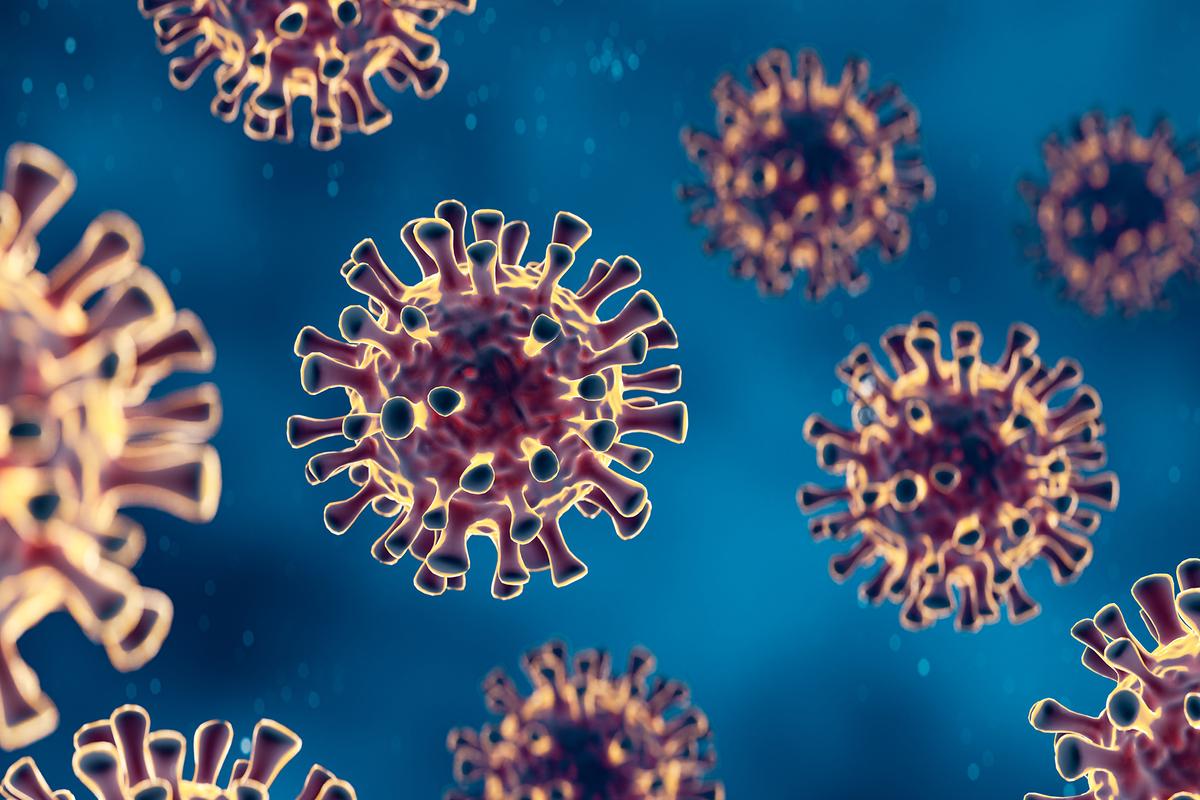The ever-evolving COVID-19 virus continues to persist, prompting the need for a natural antiviral solution. A recent study explored the broad-spectrum antiviral activity of willow bark extract, which has been used for its anti-inflammatory, antipyretic, and analgesic properties for thousands of years.
The research paper states, “There is a great need to find broadly acting antiviral agents that would lower the infectivity of viruses around us and that could complement the vaccines and drugs in the combat against viruses. Natural products are a rich source of bioactive compounds.”
Antiviral Agent From Nature
The researchers cut willow bark into small pieces, froze and ground them, and then created an extract using hot water. After treating SARS-CoV-2 virus with the willow bark extract and incubating it with cells, RNA was extracted from the cultured cells for analysis.
The results indicated a significant reduction in the amount of viral RNA after treatment with willow bark extract. Compared to the virus control group without the extract, the willow bark extract resulted in a 6-log reduction in viral RNA (equivalent to a 99.9999 percent reduction), suggesting a potent antiviral effect.
Additionally, various types of willow bark extract tested were able to inhibit SARS-CoV-2 infection. Researchers noted that this demonstrates a highly effective antiviral effect of willow bark extract against clinically isolated SARS-CoV-2.
Inhibition Effect on Coronaviruses and Enteroviruses
Coronavirus infections can lead to a range of respiratory symptoms, such as a runny nose, cough, fever, pneumonia, respiratory failure, and, in severe cases, death. Seven known coronaviruses that can infect humans include SARS-CoV-2, HCoV-OC43, SARS-CoV, MERS-CoV, HCoV-NL63, HCoV-HKU1, and HCoV-229E.
HCoV-OC43 belongs to the seasonal coronaviruses that cause the common cold, leading to mild upper respiratory tract infections in humans. Both HCoV-OC43 and SARS-CoV-2 viruses replicate in human respiratory epithelial cells and spread through aerosols and respiratory droplets.
Researchers pre-treated the HCoV-OC43 virus with willow bark extract for an hour before incubating it with cells at a temperature of 34 C. The results showed that, compared to the control group without willow bark extract, the addition of a one percent v/v concentration (volume concentration of the solute in solution) of willow bark extract could protect human lung fibroblast (MRC-5) cells from HCoV-OC43 virus infection.
The virus inactivation test revealed that, compared to the virus control group without willow bark extract treatment, the infectivity of HCoV-OC43 virus decreased by 3 to 4 logs after treatment with the extract. Furthermore, willow bark extract demonstrated antiviral efficacy at both high and low temperatures, even within a very short incubation period (less than one minute).
Interestingly, the research team also tested individual compounds present in willow bark extract, such as salicin, salicylic acid, and picein, but none exhibited antiviral activity against HCoV-OC43, even at concentrations ten times higher than that of the willow bark extract. These results suggest that the demonstrated bioactive properties and broad-spectrum antiviral effects of willow bark extract are likely attributed to the synergistic effects of its components, including flavonoids and procyanidins.
The researchers also found that hot water extract from willow bark can inhibit the infection of non-enveloped enterovirus, Coxsackievirus B3. Previous studies by the same team have demonstrated the effectiveness of willow bark extract against Coxsackievirus A9, showing no cytotoxicity at the concentrations used.
In summary, the study confirms that willow bark extract can inhibit both enveloped viruses (coronaviruses) and non-enveloped viruses (enteroviruses). Willow bark extract demonstrates two antiviral mechanisms by directly acting on virus particles: compromising the structure of coronaviruses such as SARS-CoV-2 and HCoV-OC43, and enhancing the stability of enterovirus structures to prevent infection. Therefore, researchers believe that willow bark extract exhibits broad-spectrum antiviral activity.
The Medicinal Marvels of Willow
Willow bark extract contains salicin, which is metabolized into salicylic acid in the body. Salicylic acid possesses anti-inflammatory and antiviral properties. Bayer, the German pharmaceutical company, further synthesized and produced acetylated salicylate, commonly known as aspirin.
The use of willow bark in medicine has a rich history tracing back over 3500 years, with ancient Egyptians, Greeks, South Americans, and Chinese incorporating it into their practices. Notably, Sumerians and ancient Egyptians employed it as a painkiller and antipyretic. In the 4th century B.C., Hippocrates, the esteemed “Father of Western Medicine” and a Greek physician, utilized willow bark for treating inflammatory pain.
Apart from the bark, different parts of the willow tree, including branches, leaves, and catkins, possess medicinal properties, making it a versatile remedy.
Willow catkins, the fluffy seeds found in willow fruits, have traditionally been used to treat jaundice, abscesses, and can also be used to stop bleeding.
Willow leaves can alleviate pain, treat ulcers, and address cloudy urine.












